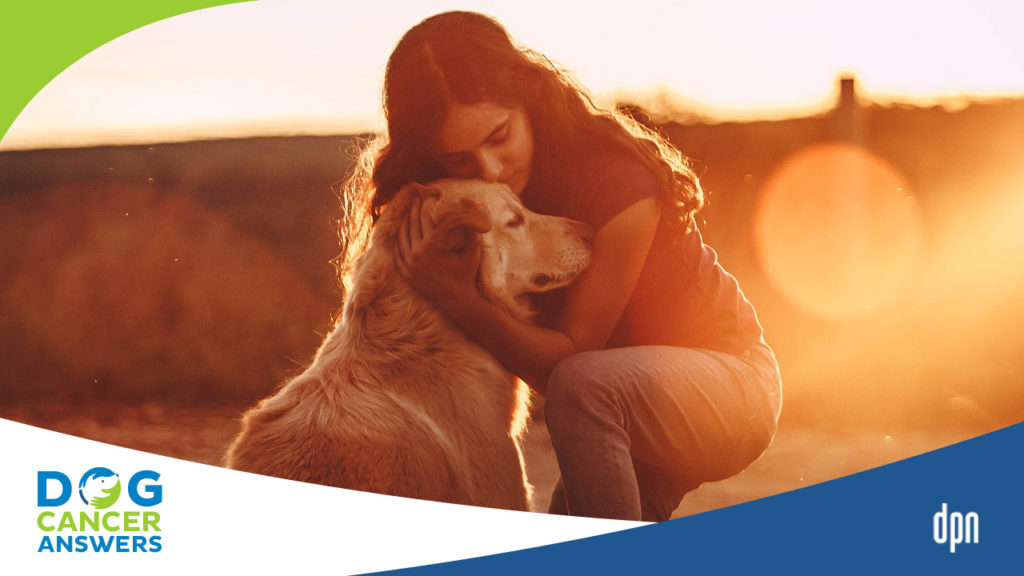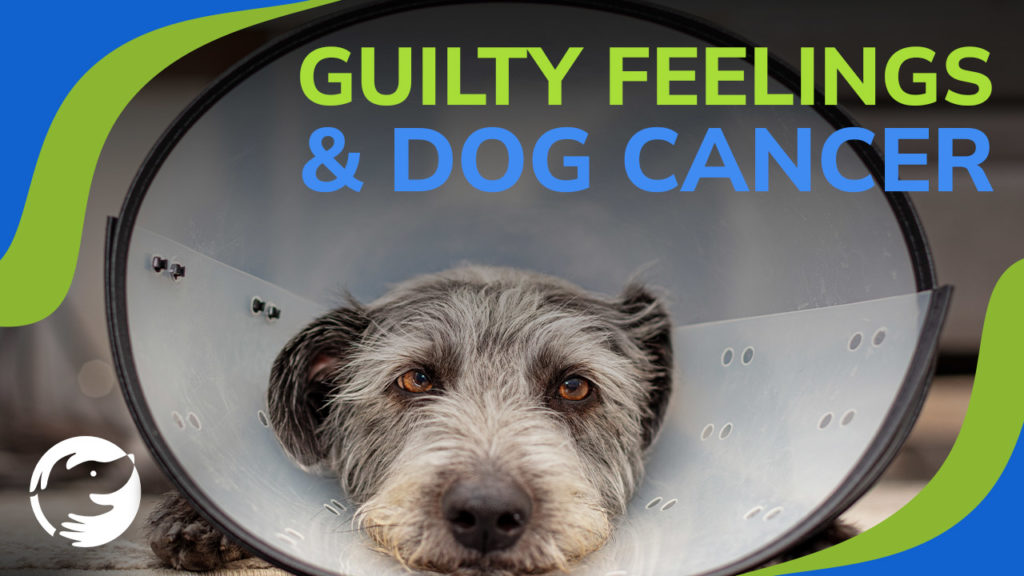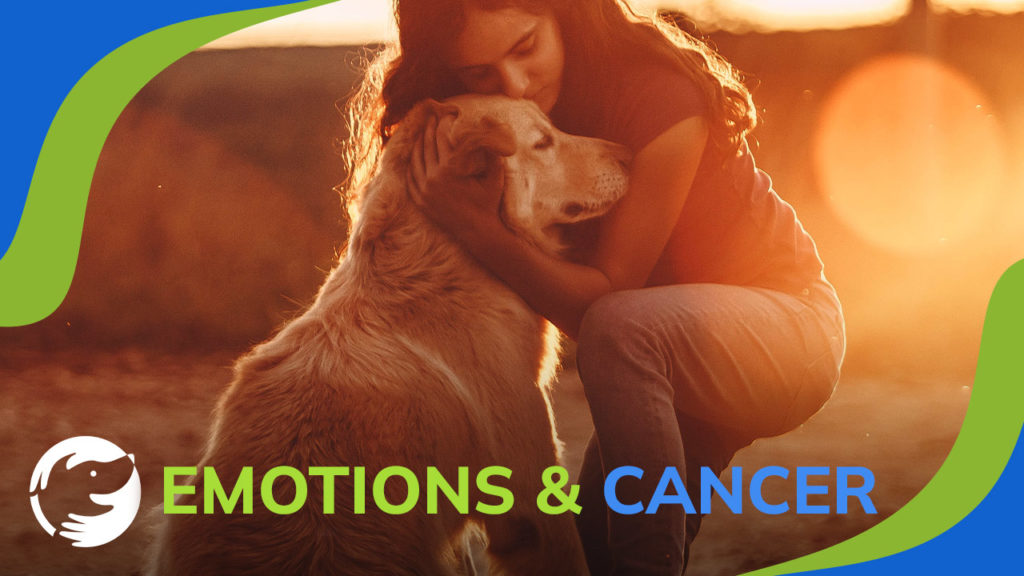
Dog Cancer Diagnosis Not An Immediate Death Sentence
If your dog has lymphoma and you want to use chemo, get started ASAP. Otherwise, you have time to research and make decisions!
James Jacobson: Here’s a question that we get and that probably resonates a lot with people, as soon as they hear that their dog has cancer. Some people think “oh my God, my dog…” It’s like an immediate death sentence. What are your thoughts? I throw this out to either you Dr. Ettinger or you Dr. Dressler. What are your thoughts in terms of is getting a cancer diagnosed as an immediate death sentence?
Dr. Dressler: Well I will jump in on this one. You know, it’s interesting when you look at the grieving process: there’s a different form of grief. And there’s interesting form of grief that happens before the event even is experienced. That means that we are anticipating something bad coming up and we start to become sad about it. And this form of grief can be completely overwhelming and incapacitating and many, many times when a guardian receives a dog cancer diagnosis from a Veterinarian, they will start to experience anticipatory grief before anything bad has really happened or anything that’s really significant in terms of the well-being of the dog. So it’s important to realize that in many, many cases we are experiencing grief for something that hasn’t even happened yet. We have abundant time and many cases were we can do so much good, where we can take proactive steps, where we can improve our life quality, where we can get increases in life span, and increases in life quality of our special family member and we don’t yet have to be experiencing the grief that accompanies with the departure of a pet.
James Jacobson: So Dr. Ettinger, any thoughts about is the clock ticking, and how much time does one have to make decisions about treatment?
Dr. Ettinger: Well when people call our hospital and are trying to make an appointment with an oncologist, we really tell them that for most cases a week or two is plenty of time for them to get in. They don’t need to rush in the next day. There are a few exceptions to the rule, where we really encourage the owner to come in the following day or the next day after and I think if your dog is diagnosed with lymphoma or leukemia, those are really important ones to go and see an Oncologist, because we know that those are rapidly moving cancers and that starting treatment as soon as possible is really going to end up benefitting their pet. But for majority of all the other cancers (again excluding lymphoma and leukemia), I think within a week or two is really the right time to make sure you get in and see an oncologist and make some treatment decisions. But again for non-lymphoma, non-leukemia dogs, I always tell owners you a couple of days or two to go home and think about the information and make a decision. It’s probably not going to impact the outcome of their pet– meaning you want to make a good level headed decision and not feel rushed into that decision for their dog.
James Jacobson: Dr. Dressler, any follow up?
Dr. Dressler: Yeah, I think that what Dr. Ettinger has said is good wisdom. We also of course need to pay attention to each of the different aspects of dog cancer treatment. But getting the information as soon as feasible is sound wisdom. Coming up with treatment plan as soon as feasible is sound wisdom. But any feelings of panic or overwhelm– they’re very, very understandable– but keep in the back of your mind that only very, very few cases of dog cancer is an immediate death sentence. The vast majority we have a little bit of time. So allow yourself as a guardian and as an advocate for your dog to take a little bit of time to experience what you’re going through to gather your data and to come up with a treatment plan that really, really make sense.
James Jacobson: And during that time , obviously during the analysis, that’s a good time to bone up on all the information in your book– both of your books, The Dog Cancer Survival Guide. Thank you so much Dr. Dressler, Dr. Ettinger in New York, Dr. Dressler in Hawaii, thanks for being with us.
Dr. Dressler: Thank you.
Dr. Ettinger: Thanks!
Topics
Did You Find This Helpful? Share It with Your Pack!
Use the buttons to share what you learned on social media, download a PDF, print this out, or email it to your veterinarian.
Editor's Picks
CATEGORY





